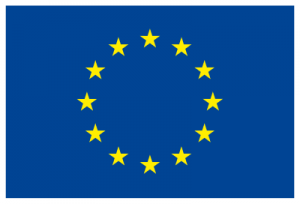In its traditional sense, ‘participation’ indicates attending an event or an initiative, or partaking in decision-making. This basic sense has gained richer and wider connotations in relation to contemporary participatory cultures, and has come to indicate public involvement or engagement in a wide range of activities and initiatives spanning the socio-cultural and the political sphere. ‘Cultural participation’ refers to attending or watching cultural events, but can also indicate proactive engagement with culture as interpreter, producer, and communicator. Digital technologies enable new modes of cultural participation, in which users are encouraged to engage actively in interpretation, manipulation, appreciation and co-creation of cultural content. For example, museum visitors can enrich their experience by creating and saving personal collections of favourite objects on the museum website, by contributing tags and metadata in a museum-run crowdsourcing initiative, or by blogging about a cultural event they have just attended.
Sources:
UNESCO (2009) Measuring cultural participation. Framework for cultural statistics handbook no. 2. Paris: UNESCO.

